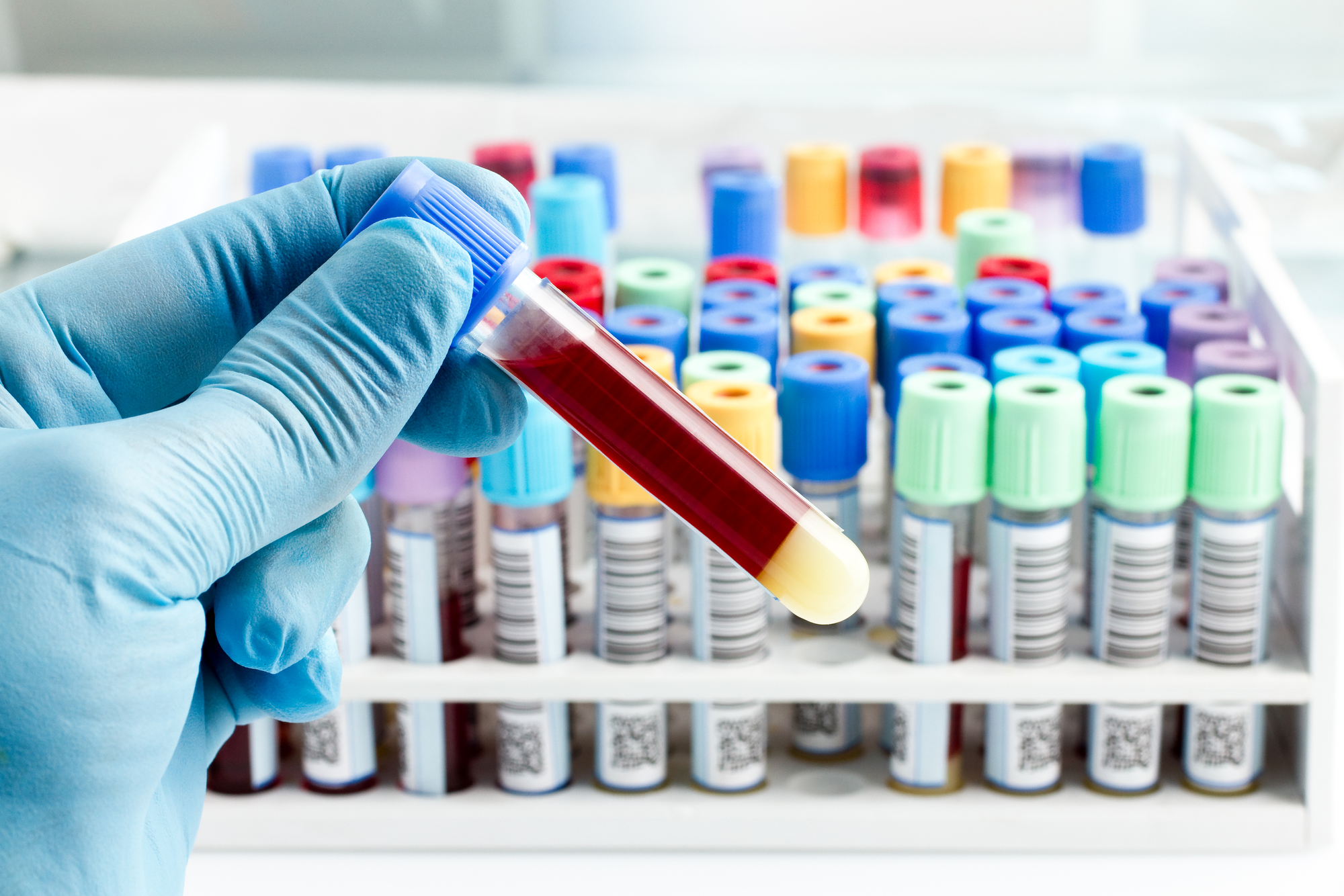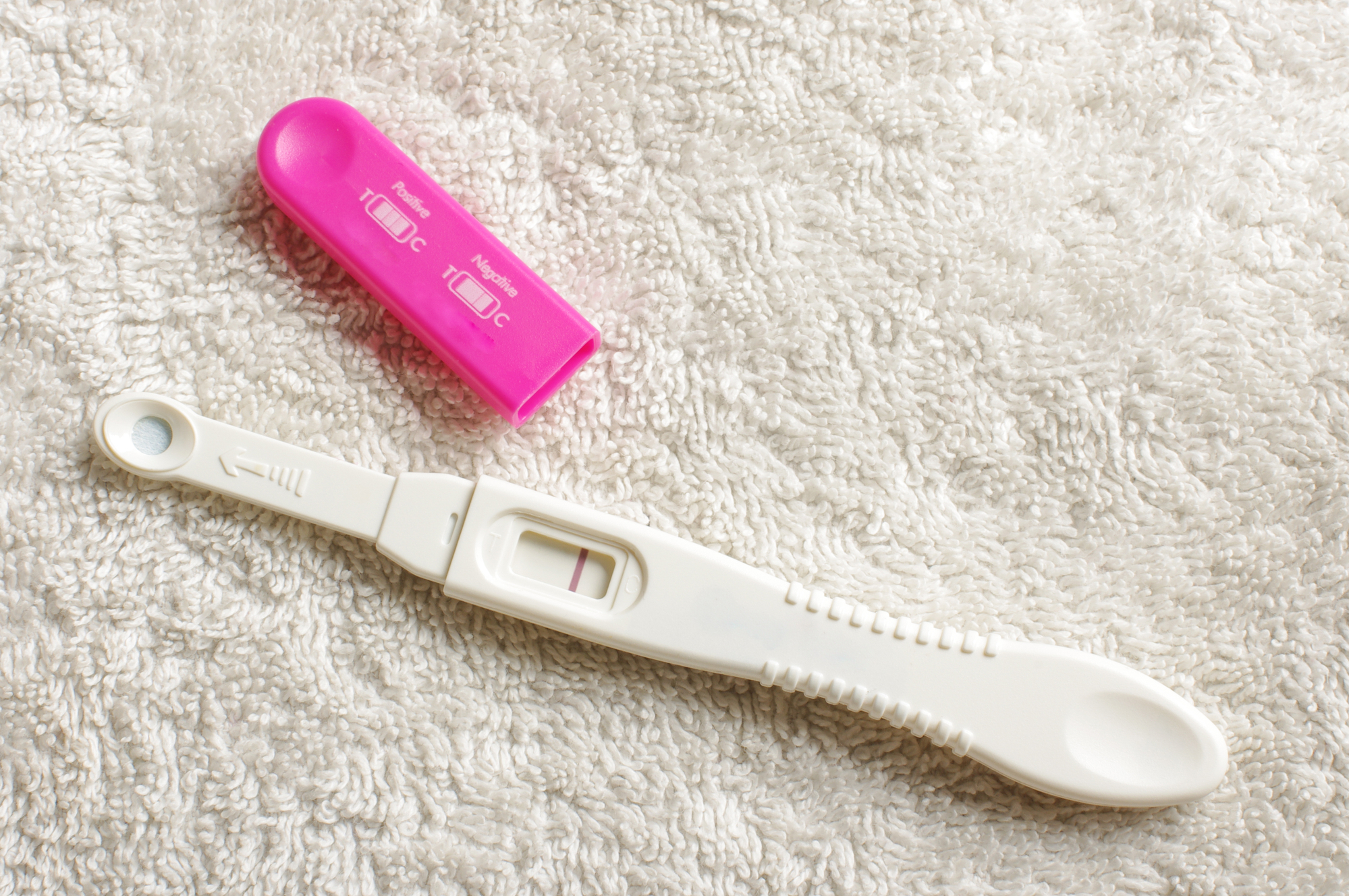How to Improve Fertility
Children are not things to be molded but are people to be unfolded.
If you’re just starting your fertility journey, there are some steps to improving fertility you can take that don’t involve medications or procedures.
If you are over age 30 and are still unsuccessful after 6 months, or 12 months for those under age 30, then it is time to seek the advice of a reproductive endocrinologist specializing in infertility (REI).
One in eight couples require assistance getting pregnant. About 40% are attributed to male factors. The earlier an issue is detected, the higher the chances at successfully overcoming the obstacle
Curabitur arcu erat, accumsan id imperdiet et, porttitor at sem. Nulla porttitor accumsan tincidunt.

Happiness cannot be pursued; it must ensue.
Ask for a prenatal blood panel.
A prenatal blood panel is a battery of blood tests usually ordered once you’re pregnant to ensure your thyroid is good, whether you might need booster shots to update your immunity to Rubella and Varicella (chickenpox), whether you’re a silent carrier for the most common genetic disorders: cystic fibrosis, Fragile X syndrome, and Spinal Muscular Atrophy, and whether any infectious diseases such as HIV or hepatitis are present. It will also check blood count, liver and kidney function, determine which blood type you are. We highly recommend you get this blood test done prior to conception in order to identify potential problems early.
Reduce or eliminate alcohol intake.
Most studies suggest alcohol intake should be minimized and after ovulation when trying to conceive. Eliminating alcohol when trying to get pregnant can’t hurt your chances at successfully becoming pregnant. It can only help.
Quit smoking.
Smoking delays conception, increases the rate of follicular depletion, reduces estrogen, contributes to a higher rate of miscarriage, leads to chromosomal and DNA abnormalities in offspring, and can even cause women to enter into menopause early.

Maintain a nutritious diet and healthy weight.
Maintaining a nutritious diet and healthy weight will boost fertility. Being overweight or even being underweight will impact your chances at successfully becoming pregnant. Don’t just join a gym. Meet with a fertility specialist for weight loss guidance specifically designed for fertility.
Know when the best time to have intercourse is.
When trying to conceive on your own, it’s important to have a thorough understanding of your menstrual cycle. Typically speaking ovulation occurs 14 days before each cycle, +/- 1 or 2 days. To be more exact, use an ovulation predictor kit that measures the hormone LH and start about 2 days before you expect to ovulate. All drug stores carry these kits and they are not expensive.
If you don’t become pregnant right away, a fertility specialist can increase your chances without medications or procedures simply by helping you know when is the best time to have intercourse in order to get pregnant. And, he will be able to tell whether you’re getting pregnant, but your fertilized eggs are not implanting in your uterus.


